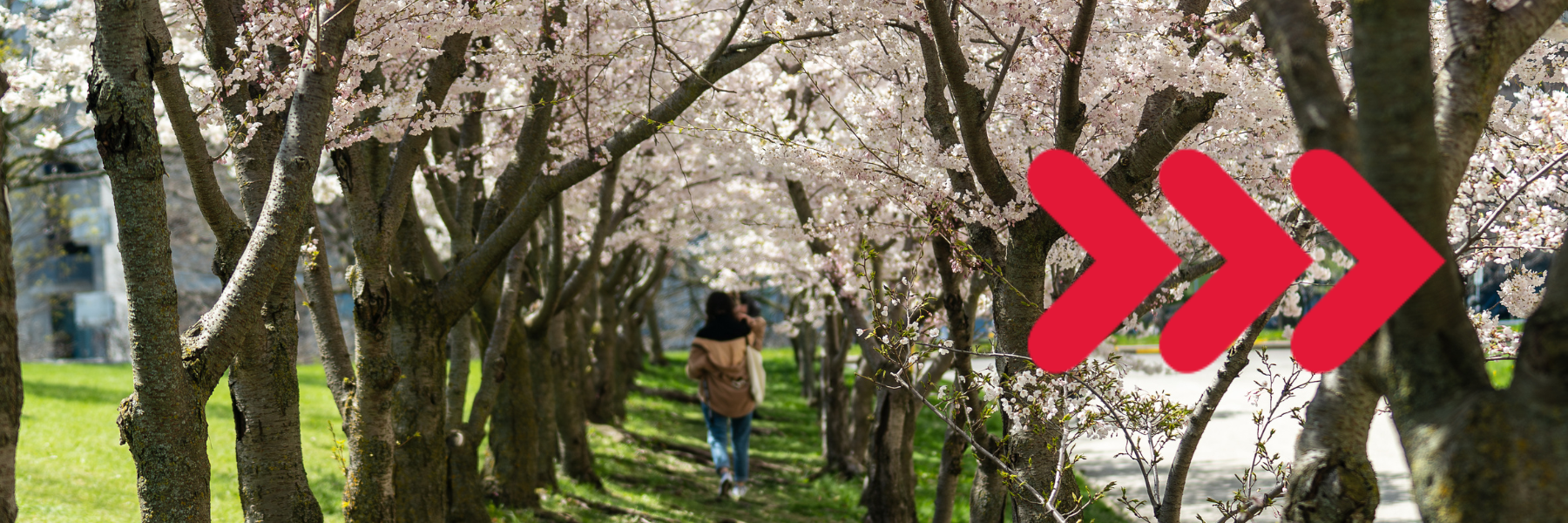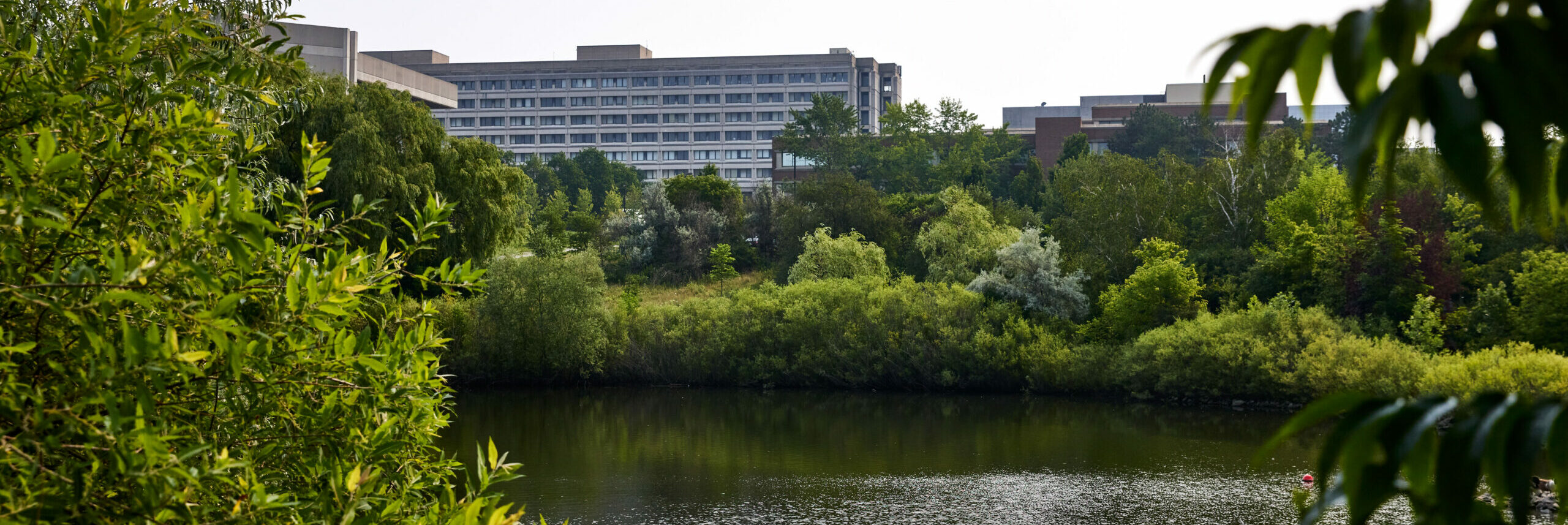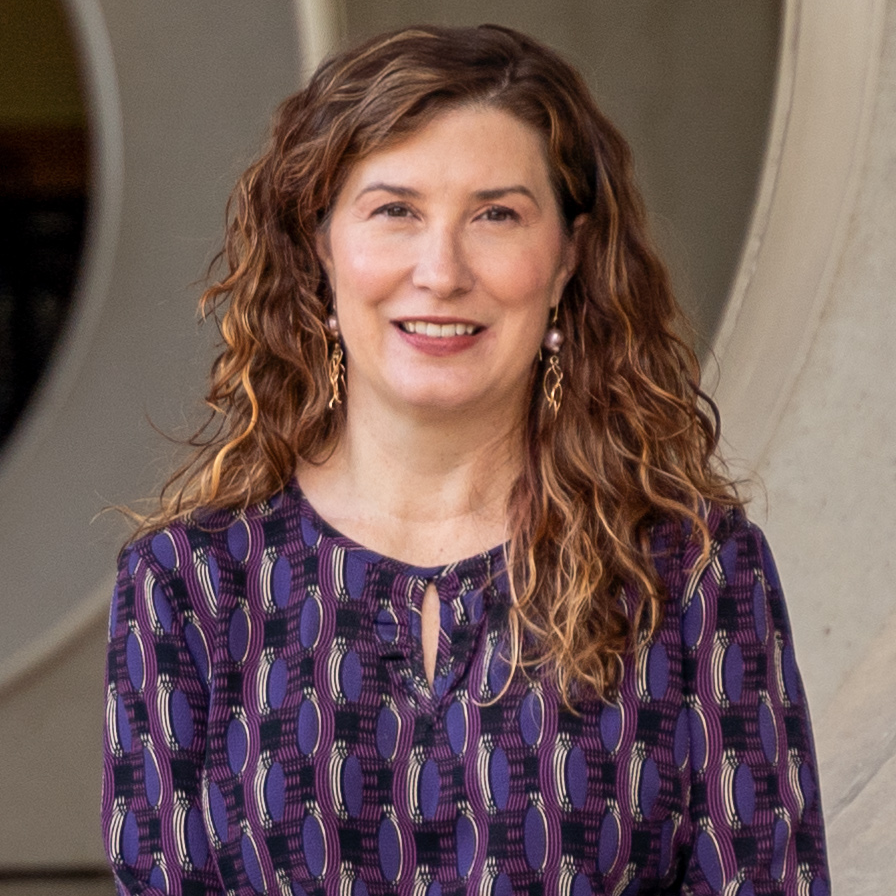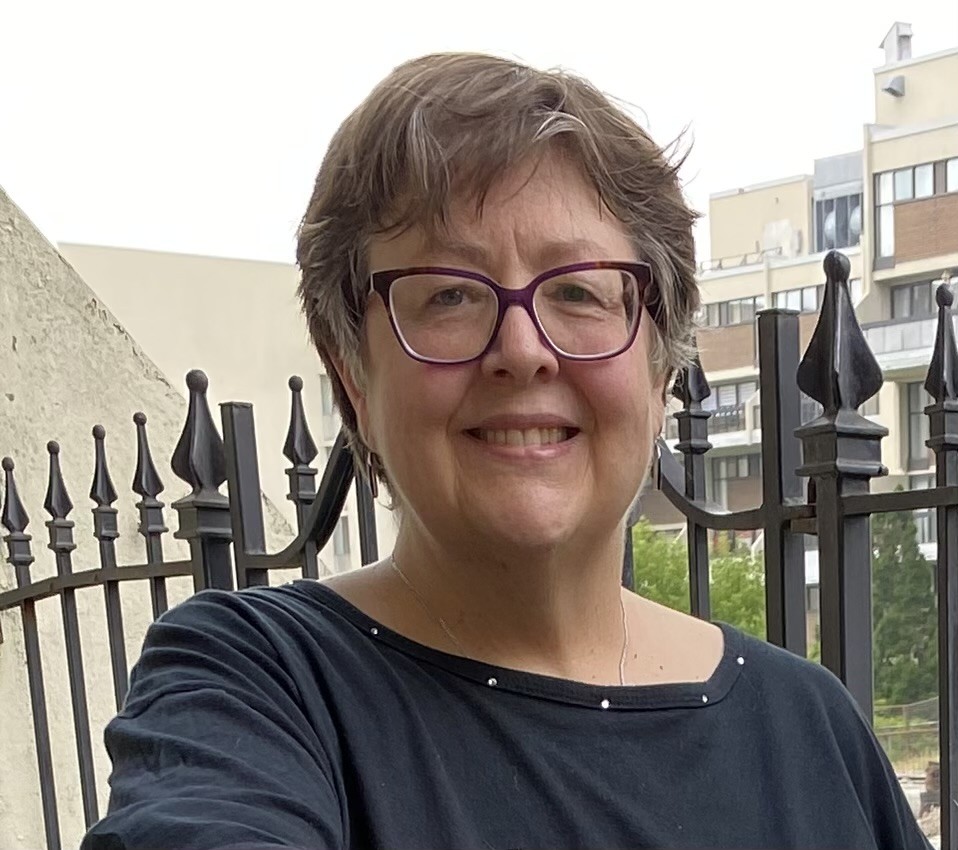Chers collègues, chères collègues,
Beaucoup d’entre vous ont sans doute lu l’annonce du lancement du plan d’action En avant York dans YFile. Cette initiative pluriannuelle cruciale contribuera à assurer le succès continu de notre établissement en tant qu’université d’enseignement et de recherche de premier plan consacrée à l’amélioration du bien-être des communautés que nous servons.
À l’instar de nombreux autres établissements de l’Ontario, nous sommes confrontés à des défis importants en raison d’une série de facteurs externes, notamment le gel des droits de scolarité, le plafonnement des visas pour les étudiants internationaux, l’inflation et les effets persistants de la pandémie. Parallèlement, les besoins, les intérêts et les attentes de la population étudiante ne cessent d’évoluer. Ce plan d’action trace la voie à suivre pour assurer notre viabilité financière de manière à répondre à ces changements et maintenir l’élan que nous avons pris pour réaliser la vision audacieuse de York pour l’avenir.
Notre succès dépend de l’engagement collectif de notre communauté. Nous devons passer à l’action rapidement et de façon judicieuse. Cette initiative nous oblige à nous concerter, de manière différente et créative, pour redéfinir ce que l’Université peut accomplir.
Le chemin à parcourir ne sera pas toujours facile, mais il est nécessaire. En étant transparents au sujet des défis à surmonter, nous pourrons atteindre un consensus et aller de l’avant avec les changements nécessaires si nous voulons continuer à répondre aux besoins de notre population étudiante et de la société. En adoptant ce plan, nous garantissons que notre université reste pertinente et influente.
J’encourage chaque membre de notre communauté à lire les informations contenues dans YFile et à s’engager dans le plan d’action En avant York. Votre engagement est primordial tandis que nous gérons ensemble ce processus transformateur. Nos idées nouvelles, notre ouverture au changement et nos efforts de collaboration nous conduiront vers une Université York plus forte et plus résiliente.
Merci pour votre dévouement et votre soutien indéfectible.
Rhonda Lenton
Présidente et vice-chancelière











